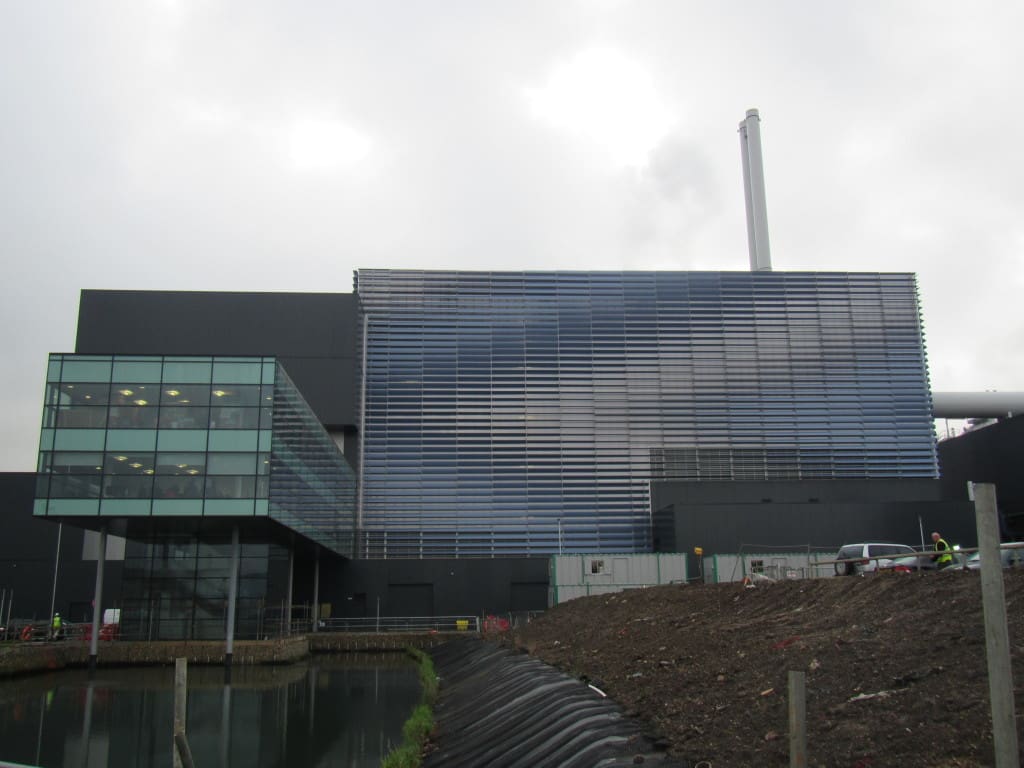Waste in the region is sent to Suez’s Great Blakenham facility. This was built as part of a £1 billion, 25-year residual waste management contract signed between Suffolk county council and Suez – then SITA UK – in October 2010 – with the facility granted planning permission in July 2011 (see letsrecycle.com story).
A report which went before the council’s cabinet yesterday (7 November) noted that the contract between the council and Suez has a mechanism to enable the sharing of any surplus income that arises.
Usually, the equates to around £2 million a year, but “world events have contributed to an unprecedented increase in electricity prices since 2022, with an exceptional peak in 2022-23.”
This means the council is due an additional £8 million for 2023/24.
The incoming funds are earmarked to address budgetary overspending issues related to children with special educational needs and disabilities.
Contracts
As electricity prices spike in recent years, council with profit share mechanisms in their contracts have begun so see some of the benefits.
However, selling electricity is a complicated process, and sees a mix of arrangements, from triad deals in the past where EfW plants supplied extra power during surge demand, through to long-term contract arrangements and sales at spot market prices (see letsrecycle.com story).
In October 2022, the West London Waste Authority noted that it granted a £4.75 million rebate to seven London councils due to electricity earnings from a publicly owned efw facility at Edmonton EcoPark in Enfield.
The North London Waste Authority also announced in February that it will split a £10.2 million windfall from the sale of electricity at its Edmonton facility to the seven member authorities (see letsrecycle.com story).











Subscribe for free